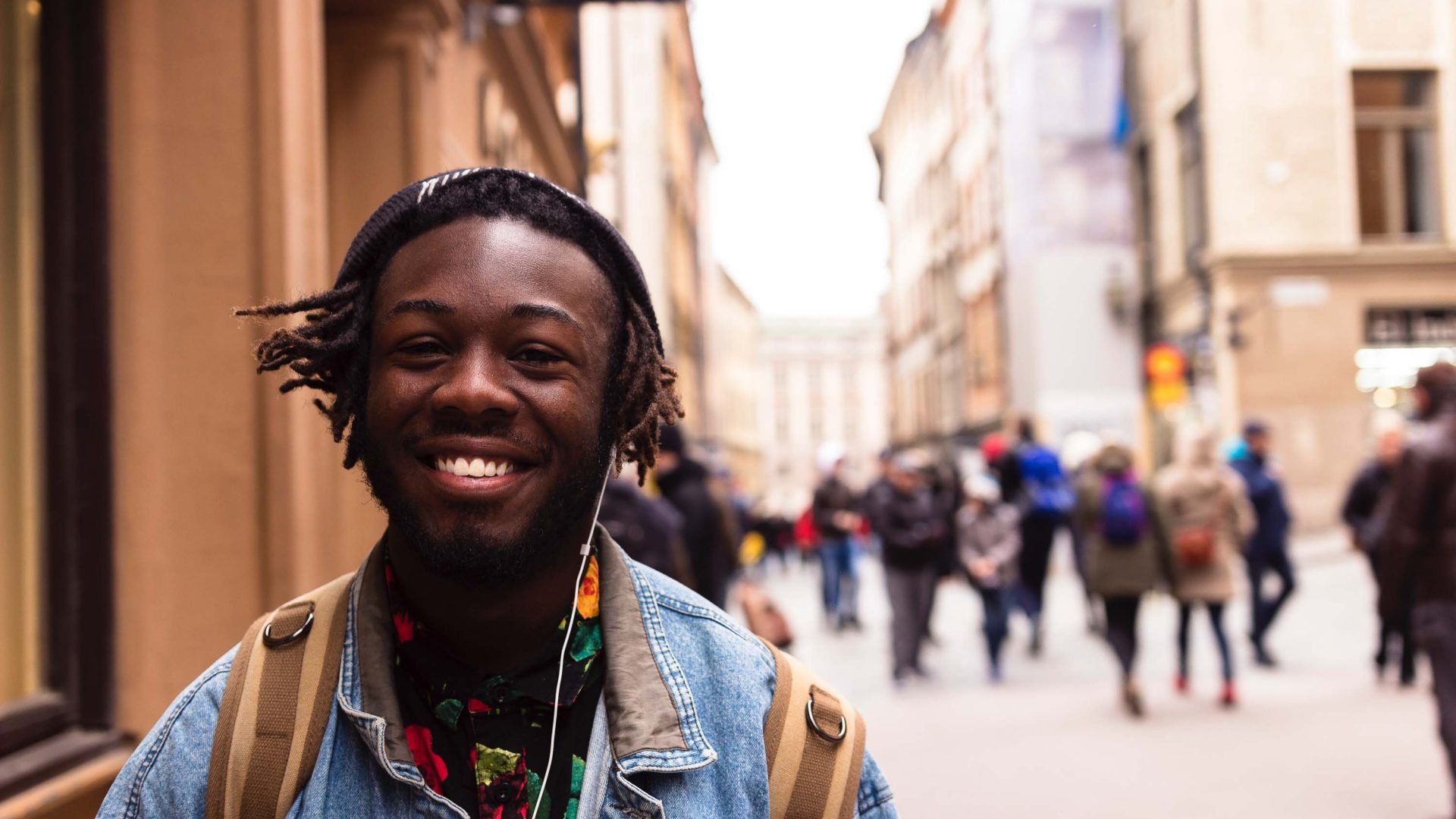
Getting lost on public transport. Feeling homesick. Baggage going missing. These are common experiences all travelers face at some time or another. Traveling while Black is different, says Black and Native Hawaiian writer, Malia Wakinekona.

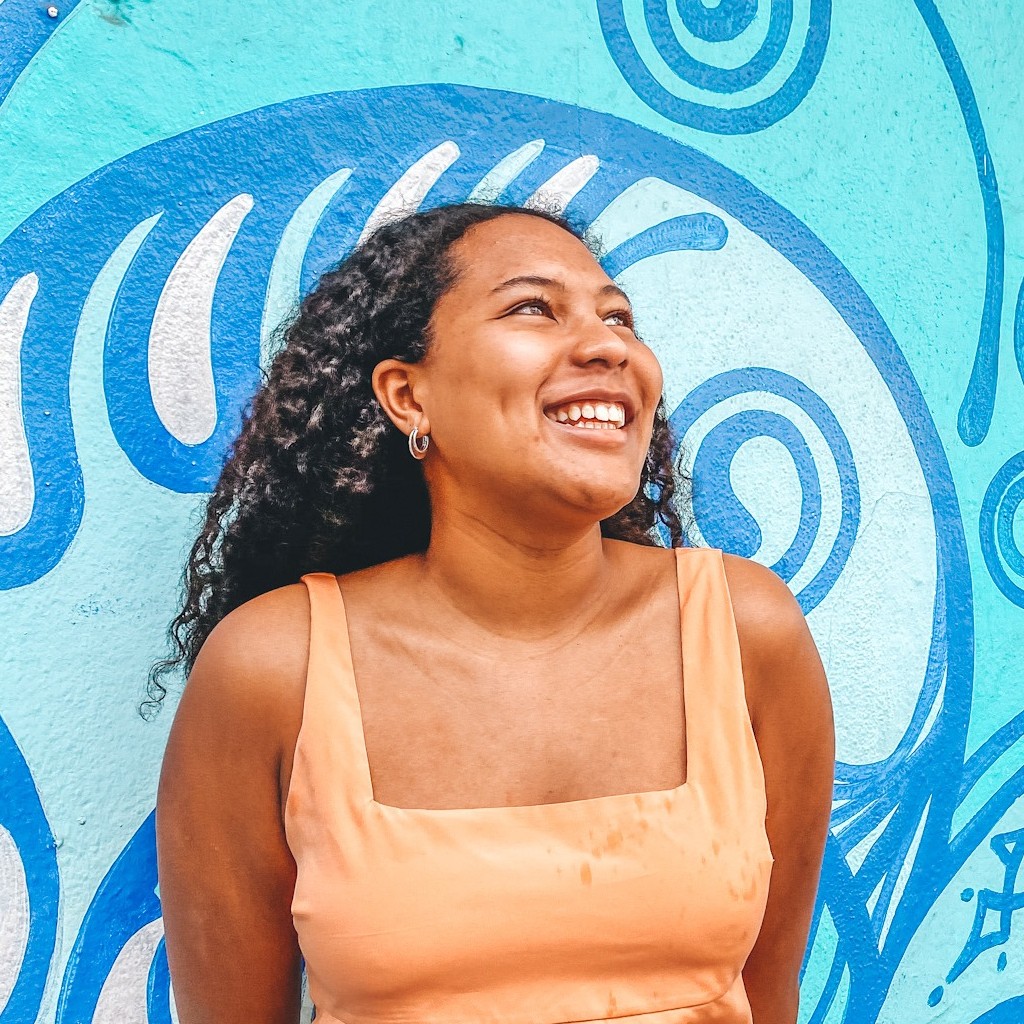
Getting lost on public transport. Feeling homesick. Baggage going missing. These are common experiences all travelers face at some time or another. Traveling while Black is different, says Black and Native Hawaiian writer, Malia Wakinekona.
Like in most other social aspects of life, Black travelers face and worry about a whole set of other problems, awkward interactions and scenarios.
As I travel, I often find myself navigating experiences that are, unfortunately, very common among the Black travel community.
There’s nothing like strolling down the streets of Sarajevo, Bosnia and Herzegovina, feeling every pair of eyes on your back—and then having the bakery employee pet your hand after paying…
Despite the global Black community’s contribution to pop culture and the increase in access to travel over the past few decades, there still exist many places in the world where locals have never seen a Black person. Hotel concierges, waiters and others are often fascinated by our varying skin tones, different hair textures and dynamic hairstyles.
While feeling like a fish in a tank is never comfortable, I believe that 90 percent of the stares are positive and come with no malicious undertones. I use these experiences as a vehicle to open up conversations about why I’m visiting a particular destination and try to learn more about the backstories of locals. This simple perspective shift allowed me to get to know my tour guide in Cappadocia, Turkey and a group of local water polo players at Danče Beach in Dubrovnik, Croatia more genuinely, openly, and without prejudice.
I recognize that I travel because I’m curious about other cultures. Local people often stare because they’re curious about me and my culture too.
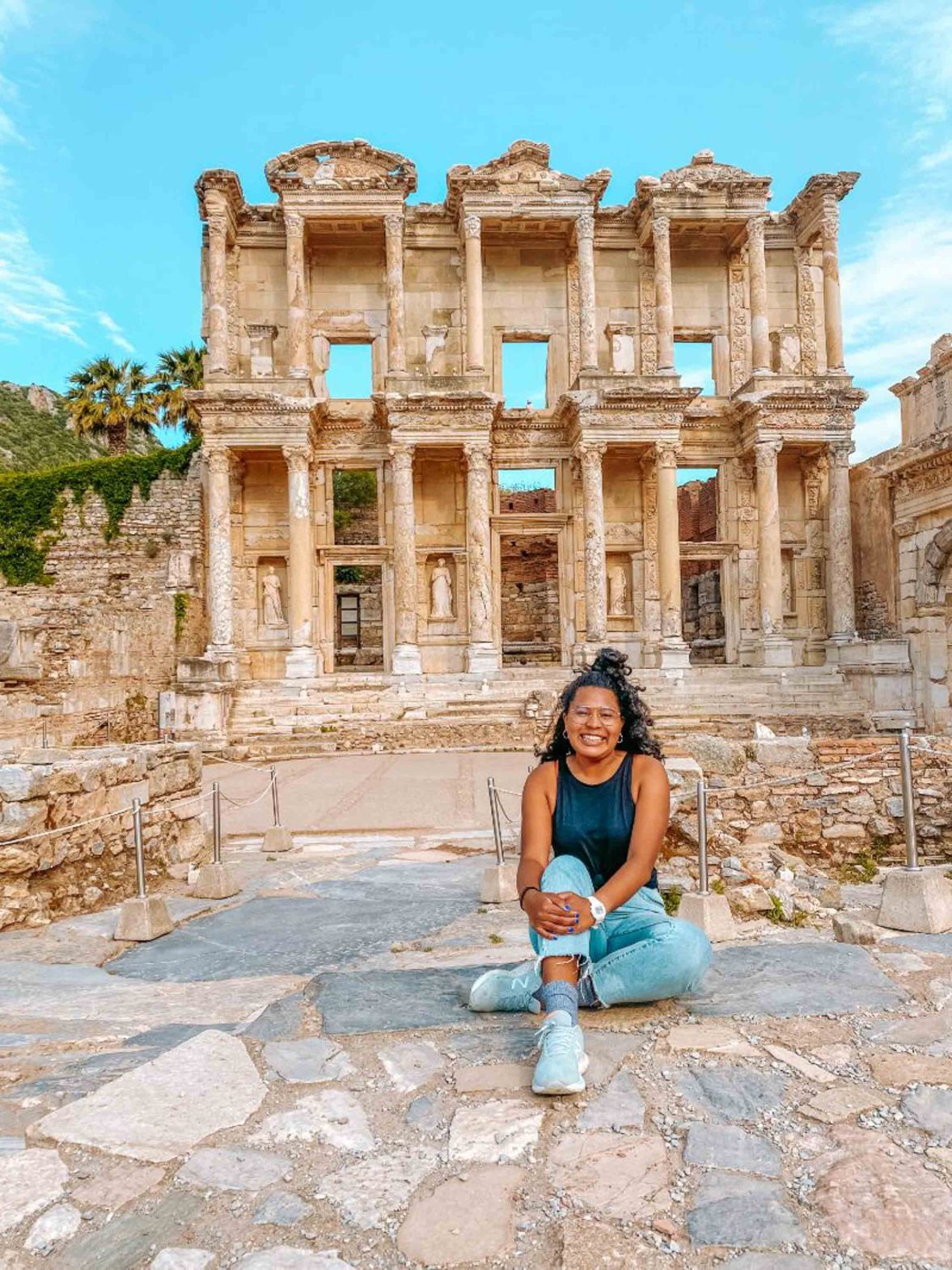
The awkward moment when you’re touring the ancient grounds of Ephesus, Turkey and a teenager points to their phone. You think they want you to take their photo, but they actually want a photo WITH YOU…
When I travel to places with few Black faces in society, I expect to have my picture taken at some point or another. We live in a digital age where people want to document every moment of their lives. For this reason, it’s not surprising when locals want to take pictures of me or other Black travelers, like when a group of elementary school-aged girls approached me in Pamukkale, Turkey to ask for a selfie with me.
Photographs are quite personal and intimate experiences, so I believe it’s up to each Black traveler whether or not they consent to have their photo taken. I also believe I have the right to ask strangers to delete an image of me if they did not ask for my permission. There is a historical link between photography and the exploitation of Black bodies, so there’s a fine line between cultural curiosity and being treated like an animal in a zoo.
It’s imperative that Black travelers continue to speak out about the racial profiling we face, and that non-Black travelers acknowledge the racial disparities in the service component of tourism.
“Beyoncé/Serena/Rihanna, is that you?”
I’ll never forget the first words my Airbnb host in Bihać, Bosnia and Herzegovina said to me. “Has anyone ever told you that you resemble Serena Williams?” From that moment forward, for 72 long hours, he exclusively referred to me as “Serena”.
To him, I was Serena, to others Beyoncé, and even to some Rihanna, despite there being little to no likeness between myself and these celebrities except for our skin color. Although these comments send a little shiver down my spine, I understand that they are intended to be flattering and act as an entry point of conversation between seemingly “different” people. Locals search for ways to connect with Black travelers and, more often than not, think race is the only topic of commonality we can discuss. To exemplify that Black people are not a monolith, I try to incorporate other interests, hobbies and topics into our conversations to help build meaningful connections.
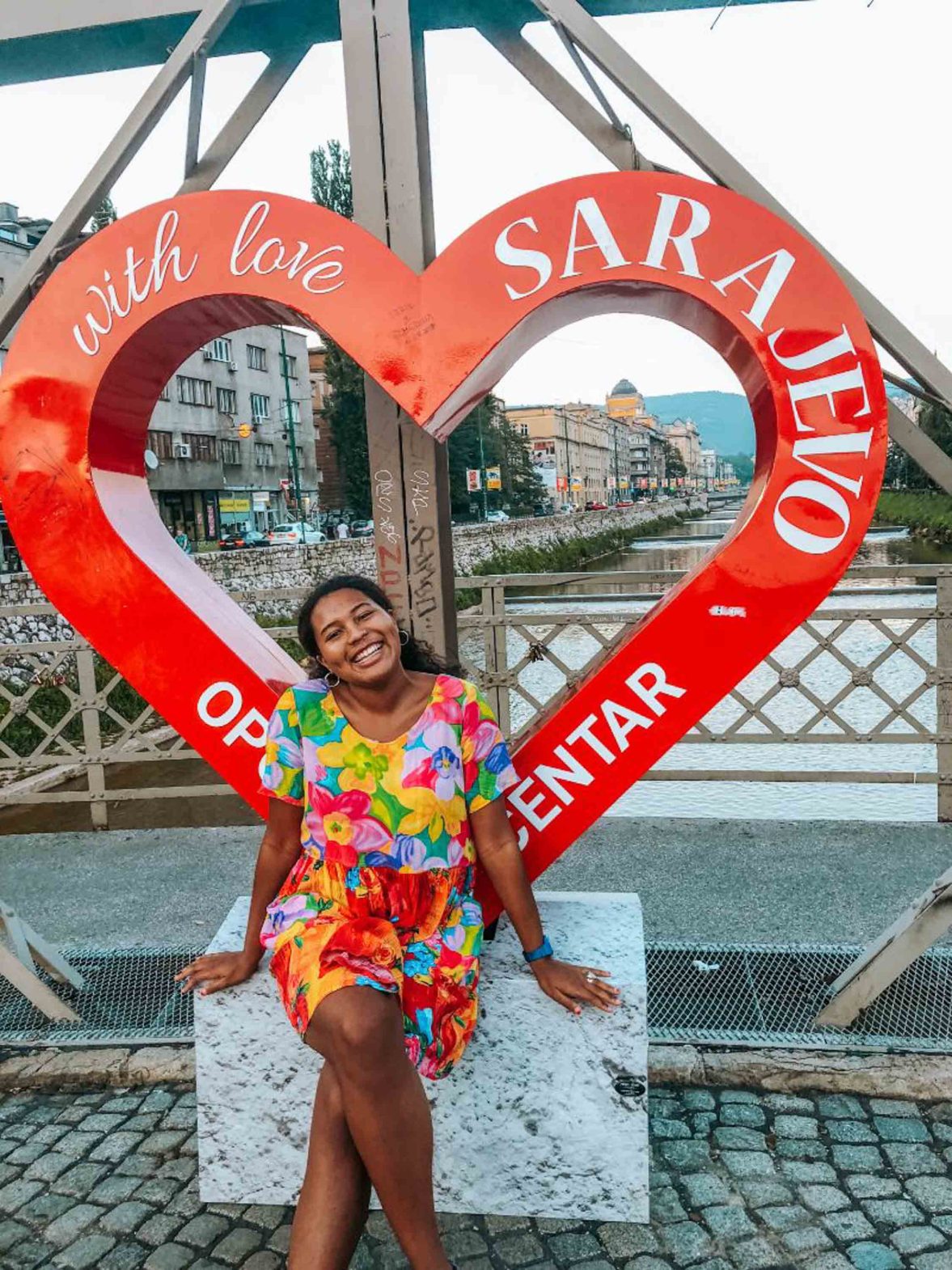
“Where are you really from?”
Not all travelers are culturally sensitive or aware. While travel offers an opportunity to thoughtfully engage with other cultures, some travelers fall victim to ignorance and choose to perpetuate stereotypes. While sitting on a hostel patio enjoying music and the fiery red-orange sunset in Hvar, Croatia, a fellow guest dancing to the melodic beats of Drake and Rihanna shouted out to the dance circle, “I bet Malia could teach us how to twerk!”
Enter the microaggression; the everyday, subtle, intentional—though sometimes unintentional—interactions or behaviours that communicate some sort of bias towards historically marginalized groups. Constantly addressing every instance of a microaggression or stereotyping is annoying and often drains my precious energy reserved for sightseeing, sampling local cuisine, and practicing language. Overall, short blunt answers are my best tools to help shift the conversation to a less uncomfortable topic.
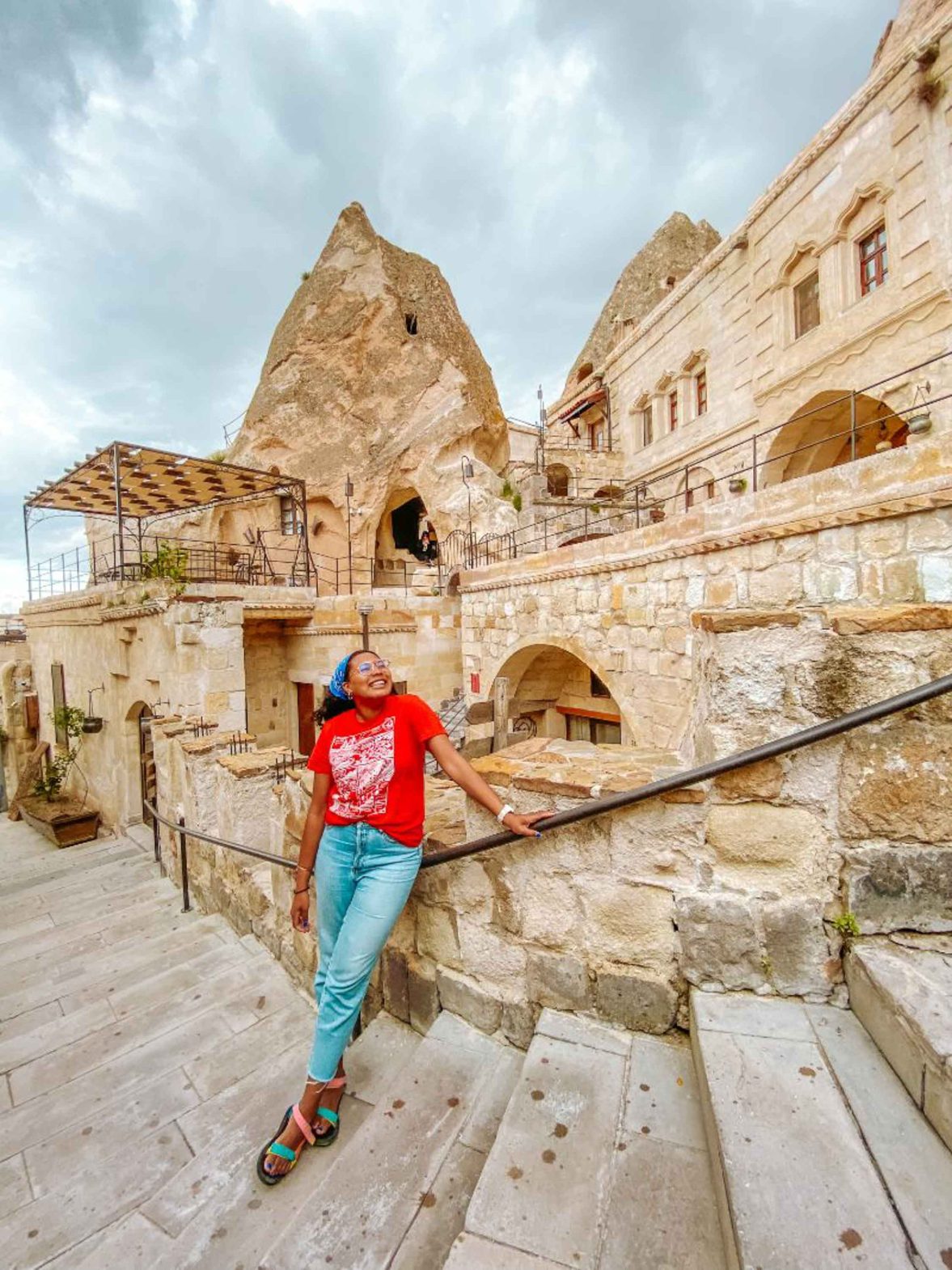
“Excuse me miss, do you need any assistance?”
I’m happy to report that 90 percent of my travels are free from overt racism. I haven’t faced much racial persecution, but when you travel while Black, there is always the possibility that you may face discrimination. While shopping at upscale department stores in London, shop assistants would approach me in a beeline-like fashion, asking if I needed assistance every five minutes. While the casual observer may assume the employees were simply doing their jobs, Black travelers know that the discrimination we face often takes the shape of being unwelcome or policed—and over policed—in spaces.
The hypervigilance surrounding Black bodies in commercial stores is rooted in the stereotype that Black people are poor, thieves, and fundamentally criminal. It’s imperative that Black travelers continue to speak out about the racial profiling we face, and that non-Black travelers acknowledge the racial disparities in the service component of tourism. Fairer treatment for all starts with recognizing and modifying how we speak to and engage with others.
***
Adventure.com strives to be a low-emissions publication, and we are working to reduce our carbon emissions where possible. Emissions generated by the movements of our staff and contributors are carbon offset through our parent company, Intrepid. You can visit our sustainability page and read our Contributor Impact Guidelines for more information. While we take our commitment to people and planet seriously, we acknowledge that we still have plenty of work to do, and we welcome all feedback and suggestions from our readers. You can contact us anytime at hello@adventure.com. Please allow up to one week for a response.

Malia Wakinekona is a Black and Native Hawaiian travel content creator on a mission to inspire womxn to take the solo travel plunge—no matter how big or small—all without breaking the bank. She’s traveled to 20+ countries and fondly names Croatia, South Africa, and Mexico as her favorites. Originally from Los Angeles (Tongva Lands), she now calls London home.








Can't find what you're looking for? Try using these tags: